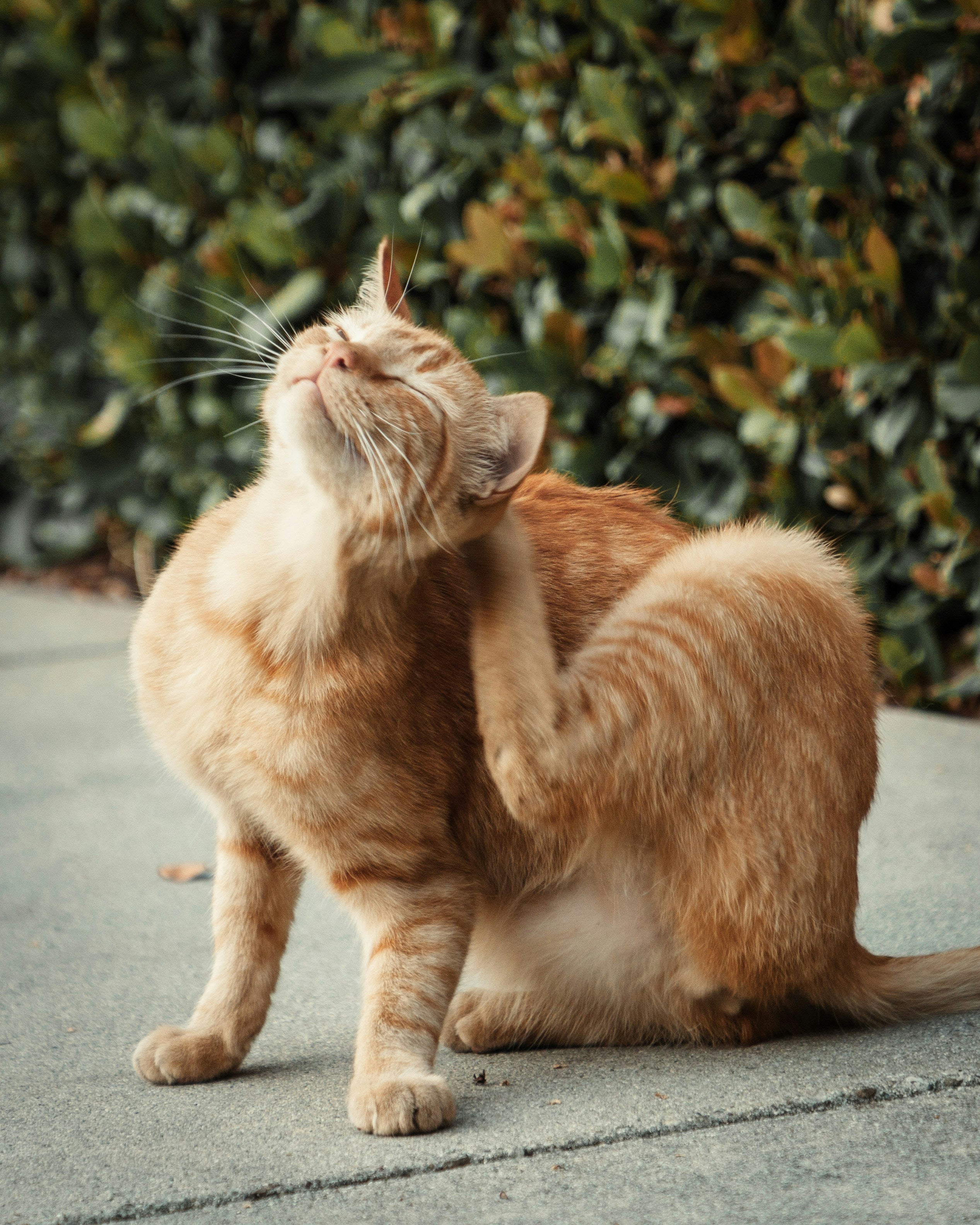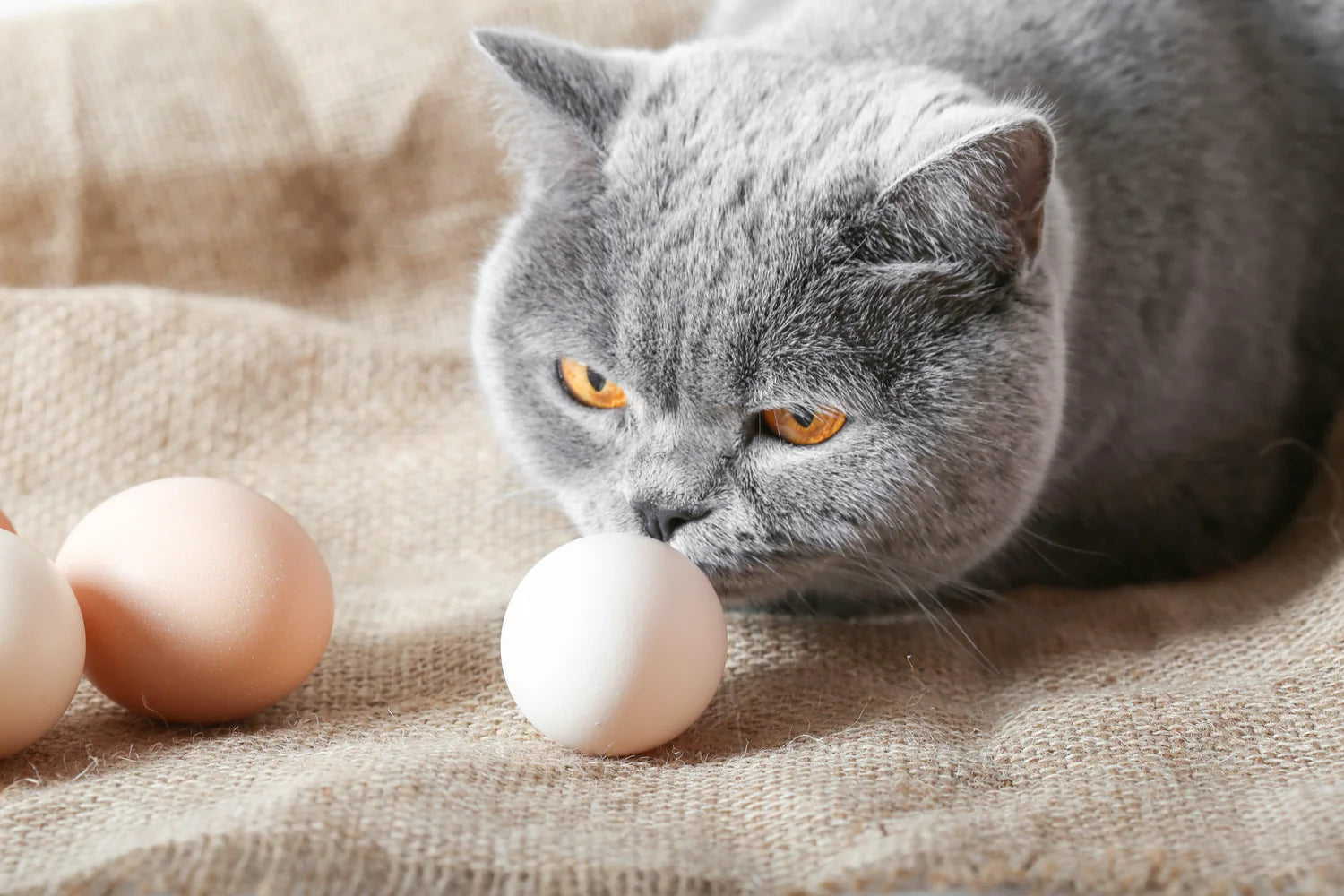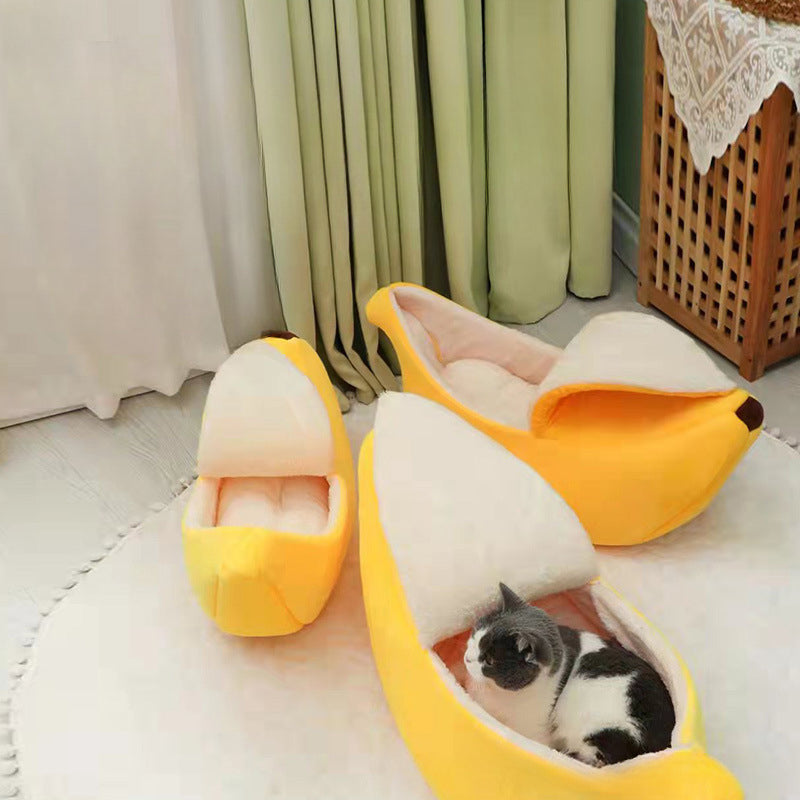Tutuky Magazine
- All
- 20%discount
- act love
- Act of Love
- adopting
- age
- Amphibian Pet
- Animals with habit
- attracting lost birds
- bed
- bird care tips
- bird recovery services
- birds
- Bond with Dogs
- Bones
- Breeds
- Busyowners
- BusyPetowners
- buythisnow
- Carrots for Birds
- cats
- Cats in cars
- Check
- Check the vet
- chocolate and pets
- comfort
- cozy
- Diabetes
- Discount pet supplies
- Dog Snoring
- Dog with tartar
- dogs
- Dogs in cage
- eggs
- elder
- Europe
- Euthanasia in Cats
- Exotic Pet Veterinary
- Felines
- find lost pet bird
- First pet
- Found authorities
- Halloweenpet
- Hamsters
- health
- how to find a parrot that escaped
- hygiene
- Insulin
- kitty
- knowthis
- leash
- Lost pet
- lost pet bird
- oldcat
- Online pet store
- online shopping
- Pet accessories
- Pet Acessories
- Pet bedding
- pet bird safety
- Pet birds diet
- Pet Capybaras
- Pet care tips
- Pet caring
- Pet Environment music
- Pet feeding
- Pet first aid
- Pet health
- Pet health supplements
- Pet hibernation
- Pet Hotel
- Pet Hygiene
- Pet insurance
- Pet Reptile music
- Pet Reptile tricks
- Pet Sitter
- pet snoring
- Pet Traffic
- pets
- pets nutrition
- pulling leash
- Reptile pet
- Reptile supplies
- rodents
- S Type Cats Tunnel
- Safety for pets
- senior pet
- Small pets
- Solitary Pet
- Trauma
- UK
- USA
- walk the dog
- Washable Portable HAir Removal Roller
- website recommending
- what to do if you lose your bird
- Winter
- youneedthis
- yummy

Effective Solutions to Get Rid of Fleas in Cats: A Comprehensive Guide
1. **Use Veterinary-Recommended Treatments**: Consult with your veterinarian for recommended flea treatments. Options include topical treatments, oral medications, and flea collars specifically designed for cats.
2. **Regular Grooming**: Brush your cat regularly using a fine-toothed flea comb to remove fleas and flea eggs. This also helps you monitor their flea situation.
3. **Wash Bedding and Toys**: Wash your cat's bedding, blankets, and toys in hot water to remove fleas and eggs. Dry them thoroughly.
4. **Treat the Home Environment**: Vacuum carpets, rugs, and furniture thoroughly to eliminate fleas and their eggs. Dispose of the vacuum bag or empty the canister outside immediately.

A Perfect Pair: Eggs and Pets - Nurturing Health and Happiness Together
Feeding eggs to pets, particularly dogs and cats, can offer several nutritional benefits, as eggs are a good source of protein, healthy fats, and essential vitamins and minerals. However, there are important considerations to keep in mind:
-
Nutritional Value: Eggs are rich in amino acids, vitamins (like B12 and riboflavin), and minerals (such as selenium). They can help support muscle development and overall health.
-
Raw vs. Cooked: While some pet owners may feed their pets raw eggs, it's generally safer to serve them cooked. Cooking eggs eliminates the risk of salmonella and makes the proteins easier to digest.
-
Moderation: Eggs should be given in moderation, as they are calorie-dense and can contribute to obesity if fed in large quantities. A small amount occasionally can be a healthy treat.
-
Allergies and Sensitivities: Some pets may have allergies or sensitivities to eggs, so it's important to introduce them slowly and monitor for any adverse reactions.
-
Consulting a Vet: Before adding eggs or any new food to your pet's diet, it's best to consult with a veterinarian, particularly for pets with specific health issues.
In summary, eggs can be a nutritious addition to a pet's diet when prepared and served appropriately and in moderation.

Does Pets allowed to eat chocolate?
Chocolate is toxic to pets, particularly dogs and cats. It contains substances called theobromine and caffeine, which can be harmful or even fatal to animals. Dogs are more susceptible because they metabolize these compounds much more slowly than humans do. The severity of chocolate poisoning depends on the type and amount of chocolate consumed, as well as the size of the pet.
Symptoms of chocolate poisoning in pets may include vomiting, diarrhea, increased heart rate, restlessness, muscle tremors, and, in severe cases, seizures or death. If a pet ingests chocolate, it is crucial to seek veterinary attention immediately. It is best to keep all chocolate products out of reach of pets to prevent accidental ingestion.


